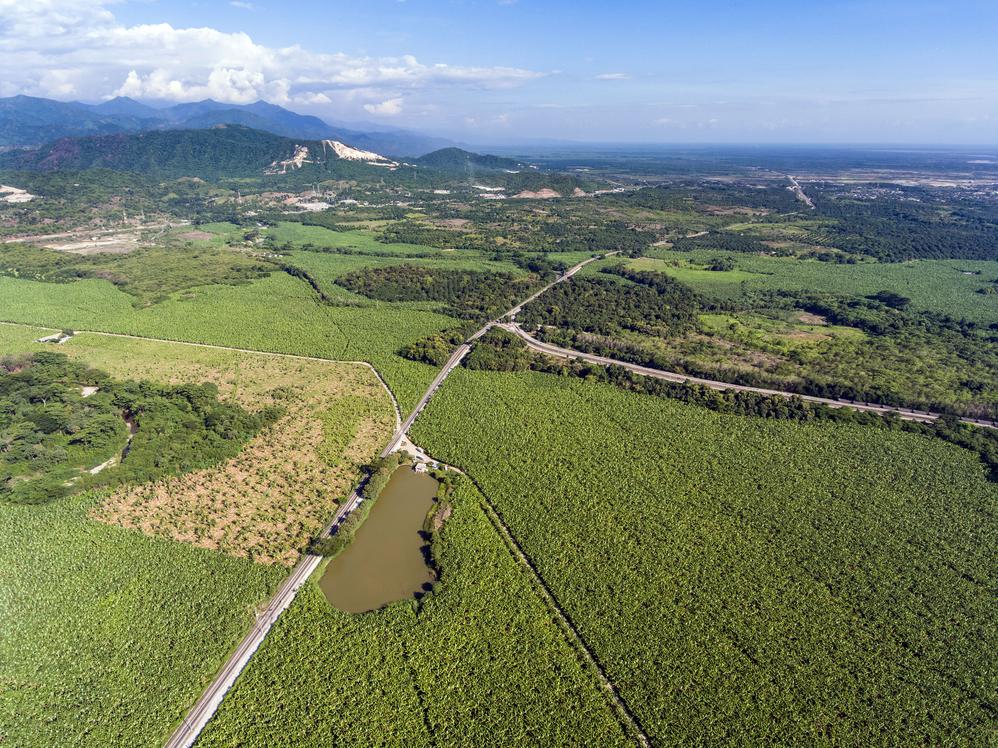
About
The Department of Magdalena in northern colombia features parts of the world-renowned Sierra Nevada de Santa Marta National Natural Park. The Product Protection and Inclusion (PPI) pact in Magdalena includes the coffee, cocoa, banana and palm growing municipalities. Overall, the territory covers an area of 674,244 hectares cultivated - approximately 43.4% of the total area of crops in the department - according to the UPRA, Colombia's Rural Agricultural Planning Unit.
The department of Magdalena has an environmental protection area of 314,596 ha (13.6%), as well as forests and other non-agricultural covers. It is estimated that 15.7% of the territory's area should be used for conservation, 63.8% has potential for agroforestry and protection systems, and 18% is suitable for agricultural activities. The area has approximately 69,424 ha of native forest.
The economy
The main crops in the territory are bananas and palm oil, with planted areas of 10,786 ha and 20,280 ha respectively. Other products include coffee, cocoa, mango, corn and cassava. Magdalena is economically driven by public administration and defense, which represents approximately 27.1% of the regional GDP, followed by commerce, hotels and repair (21.3%) and agriculture, livestock and fishing (19.9%). The department contributes 3.72% to the country's total exports. Magdalena has one of the most important ports in Colombia, mobilizing around 7.07 million tons in exports, which include bananas, palm oil and coffee, among other valuable products.
Landscape Partnerships
National Initiatives for Sustainable and Climate Smart Smallholder Oil Palm Farmers (NISCOPS) - a partnership between IDH and Solidarity - brings together the key players to improve land use, create better incomes and promote inclusive markets.
Among the joint initiatives in the region is the collective action on water management led by WWF. Other partners working on sustainable agricultural practices and watershed protection include Fedeplama, the Embassy of the Netherlands, FAO and the Embassy of the United Kingdom.
In 2025, after five years of collaborative work in Magdalena, a Memorandum of Understanding was signed with the University de Magdalena to assume leadership of the program of work.
Learn more about the PPI approach in Colombia here
There are many opportunities to support this incredible landscape. Click on the 'Contact the Initiative' button on the left of the page to get in touch.

-20250626114822937.png&w=3840&q=75)
